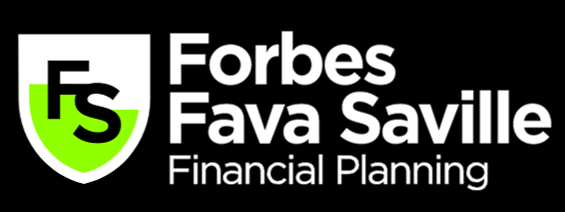
Owing money or falling behind on repayments can be stressful. The good news is there are steps you can take to relieve the financial pressure.
If you’re in crisis and struggling to buy food and pay for essentials, see urgent help with money.
1. Know what you owe
The first step is to get a clear picture of what you owe.
Make a list of all your debts, showing:
-
how much each debt is
-
the minimum monthly repayment (if any)
Include credit cards, loan repayments, unpaid bills, fines and any other money you owe.
Then add up all the debts to see how much you owe in total. It may be confronting, but remind yourself that you’re taking charge of your money. And that’s a good thing.
2. Work out what you can afford to pay
The next step is to work out how much you can afford to pay towards your debts.
Compare money in and money out
The easiest way to do this is to do a budget.
List all the money you have coming in each month (income), such as salary or benefits. Then list all the money going out (debts and expenses), for things like food, rent or mortgage, credit cards, electricity, phone and transport.
Tally these up, then compare money in and money out.
Maximise your entitlements and find savings
If your income has dropped because of the coronavirus, check if you’re eligible for extra Government financial assistance.
If you have more money going out than coming in — it’s time to make some choices. Think about what are:
-
‘needs’ (can’t do without)
-
‘wants’ (could do without, at least for a while)
Identify some expenses that you can cut or reduce. Be realistic — don’t make it impossible to stick to. See living on a reduced income for ways to reduce your spending.
3. Prioritise your debts
Work out which debts are your priority debts and try to pay them first if you can. Priority debts include:
-
rent or mortgage payments
-
council rates and body corporate fees
-
electricity, gas and water
-
car repayments — if you need your car for work or essential travel
If you can’t keep on top of these you can request financial hardship. You could also request financial hardship for lower priority debts like:
-
internet and phone bills
-
credit cards
-
payday loans or consumer leases
The National Debt Helpline has a step-by-step guide and can help you to prioritise your debts.
4. Build a savings buffer
Use any surplus you have each week to build an emergency fund. This will provide a financial safety net to cover any unexpected expenses or future changes to your income.
5. Get help if you need it
Before you jump into anything, talk to us on 03 5201 7960. We can explain your options and help you make a plan.
Source: moneysmart.gov.au
Reproduced with the permission of ASIC’s MoneySmart Team. This article was originally published at https://moneysmart.gov.au/managing-debt/get-debt-under-control
Important note: This provides general information and hasn’t taken your circumstances into account. It’s important to consider your particular circumstances before deciding what’s right for you. Although the information is from sources considered reliable, we do not guarantee that it is accurate or complete. You should not rely upon it and should seek qualified advice before making any investment decision. Except where liability under any statute cannot be excluded, we do not accept any liability (whether under contract, tort or otherwise) for any resulting loss or damage of the reader or any other person. Past performance is not a reliable guide to future returns.
Important
Any information provided by the author detailed above is separate and external to our business and our Licensee. Neither our business nor our Licensee takes any responsibility for any action or any service provided by the author. Any links have been provided with permission for information purposes only and will take you to external websites, which are not connected to our company in any way. Note: Our company does not endorse and is not responsible for the accuracy of the contents/information contained within the linked site(s) accessible from this page.


